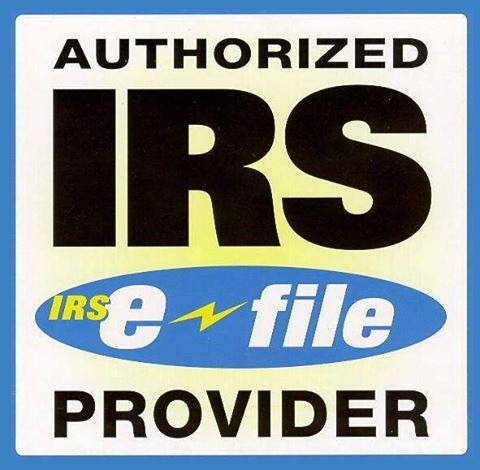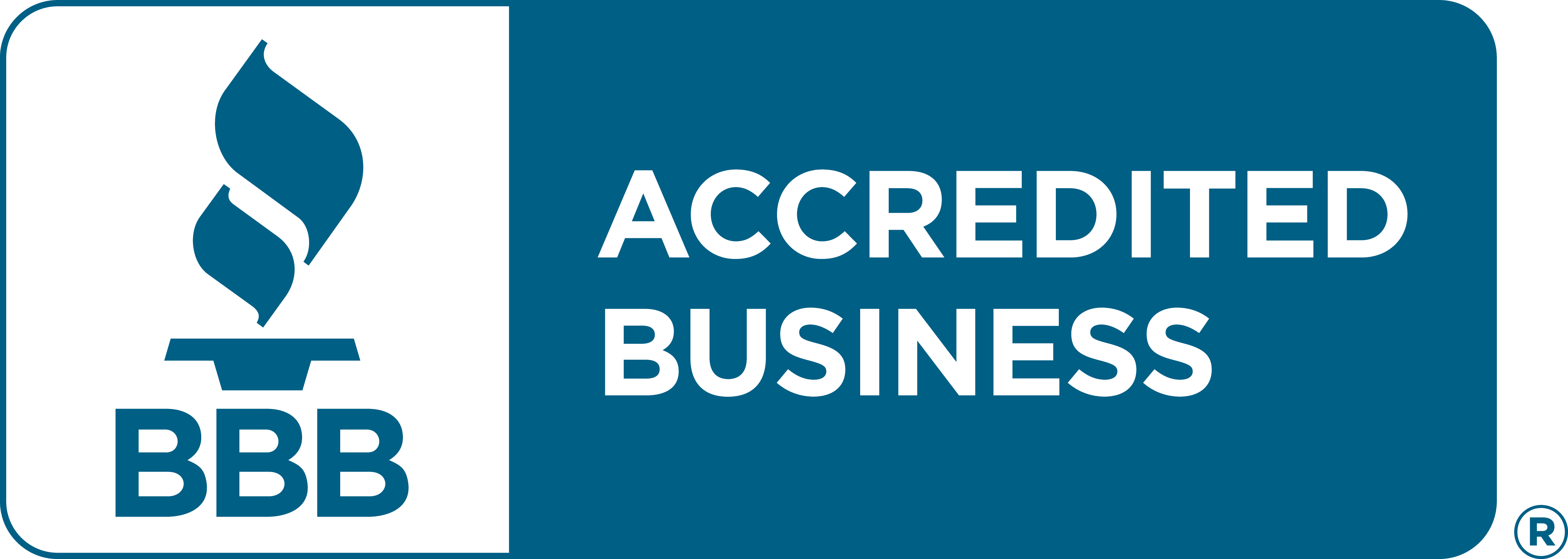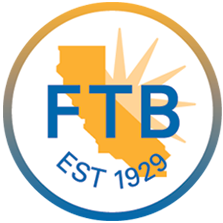IRS Form 1120-S Due Dates
E-File your IRS Form 1120-S for the 2025 tax year by March 16, 2026, to meet federal S corporation filing deadlines and avoid potential penalties.
Excise Tax Forms
Employment Tax Forms
Information Returns
Exempt Org. Forms
Extension Forms
FinCEN BOIR
General
Staying compliant with the IRS requires more than just filling out forms - it requires filing them on time. For S corporations, the annual return is filed using Form 1120-S, and its due date is much earlier than many business owners expect.
Missing the deadline doesn’t just bring financial penalties; it can also create headaches for your shareholders, who rely on timely Schedule K-1s to complete their personal tax filings. That’s why understanding the 1120-S due date for 2026 is critical.
This guide goes beyond the basics. You’ll learn:
- The exact filing dates for both calendar-year and fiscal-year S corporations.
- How the weekend and holiday rule can shift the deadline.
- What happens if you file late, with real penalty calculations.
- How extensions work (and what they don’t cover).
- State vs. federal deadline differences.
- Practical strategies to stay compliant and stress-free.
Why the 1120-S Deadline Exists
The IRS sets an early deadline for S corporations because of how these businesses are structured. Unlike C corporations, S corporations are pass-through entities. This means:
- The corporation itself doesn’t generally pay income tax.
- Instead, profits and losses “pass through” to shareholders, who report them on their personal tax returns.
- To do this, the corporation must issue Schedule K-1s to shareholders — and those K-1s come from Form 1120-S.
If the IRS allowed S corporations to file at the same time as individuals (April 15), shareholders wouldn’t have enough time to report their share of income. That’s why the deadline falls in
mid-March, giving shareholders a buffer before their April 15 filing deadline.
Standard Due Date for Form 1120-S
The IRS due date depends on whether your S corporation follows a calendar year or a fiscal year.
1. Calendar-Year S Corporations (Tax Year 2025)
- Most S corporations operate on a January–December year.
- For the calendar tax year 2025, the filing deadline is normally March 15, 2026.
- However, since March 15, 2026 falls on a Sunday, the deadline shifts to Monday, March 16, 2026.
This adjusted deadline applies to the majority of S corporations in 2026.
2. Fiscal-Year S Corporations
- If your business uses a non-calendar fiscal year, the deadline is the 15th day of the 3rd month after your fiscal year ends.
- Example 1: Fiscal year ends June 30, 2026 → Due date: September 15, 2026.
- Example 2: Fiscal year ends September 30, 2026 → Due date: December 15, 2026.
- Example 3: Fiscal year ends January 31, 2026 → Due date: April 15, 2026.
Due Date Exceptions (Weekend & Holiday Rule)
The IRS follows a simple rule:
- If a deadline falls on a Saturday, Sunday, or federal holiday, it automatically shifts to the next business day.
For 2026:
- March 15, 2026 is a Sunday → The deadline moves to March 16, 2026.
In some years, holidays near the filing deadline may shift it to the next business day. Always check the IRS calendar to confirm the exact date.
Extension Deadline
If your S corporation isn’t ready to file by the due date, you can request extra time with Form 7004.
How Extensions Work
- If you need more time to file, submit Form 7004 by the original due date, either electronically or by mail, to get a six-month extension.
- TaxZerone supports filing Form 7004 electronically, making it quick and easy to receive your automatic 6-month extension.
Extension Dates for 2026 (Calendar-Year S Corps)
- Original Deadline: March 16, 2026
- Extended Deadline: September 15, 2026
Extension for Fiscal-Year Filers
- The extension is always 6 months after the original due date.
- Example: Fiscal year ends June 30, 2026 → Original due date: September 15, 2026 → Extended deadline: March 15, 2027.
Important: An extension only applies to filing, not paying. If your S corporation owes taxes,
such as:
- Built-in gains tax,
- Excess net passive income tax, or
- Other corporate-level taxes,
those must still be paid by the original deadline to avoid interest and late-payment penalties.
Visual Timeline of 1120-S Deadlines
Calendar-Year Corporations (Jan–Dec)
- Tax Year Ends: December 31, 2025
- Original Due Date: March 15, 2026
- Adjusted Deadline: March 16, 2026 (weekend rule)
- Extended Deadline (Form 7004): September 15, 2026
Fiscal-Year Corporations (Example: July 2025–June 2026)
- Tax Year Ends: June 30, 2026
- Original Due Date: September 15, 2026
- Extended Deadline (Form 7004): March 15, 2027
| S Corp Type | Tax Year End | Original Due Date | Extended Deadline |
|---|---|---|---|
| Calendar-Year (2025) | Dec 31, 2025 | Mar 17, 2026 | Sep 15, 2026 |
| Fiscal-Year (2026) | Jun 30, 2026 | Sep 15, 2026 | Mar 15, 2027 |
Penalties for Late Filing or Payment
The IRS enforces strict late-filing penalties for S corporations.
- Late-Filing Penalty: $245 per shareholder per month, up to 12 months, even if no tax is owed.
- Late-Payment Penalty: If your S corporation owes taxes, 5% of unpaid tax per month applies (first month: smaller of $510 or unpaid tax).
Examples:
- 2 shareholders, 3 months late → $245 × 2 × 3 = $1,470 (late-filing).
- 5 shareholders, 6 months late, plus $10,000 unpaid tax → late-filing + 5% of unpaid tax per month (late-payment).
Even if the S corporation has no income or owes no tax, penalties still apply if the return is late.
State Filing Deadlines
In addition to the federal IRS deadline, many states require S corporations to file separate state-level returns. Deadlines vary:
- Some states (e.g., California, New York) align with the federal due date.
- Others set their own filing deadlines.
- States may also have their own penalties for late filing, separate from IRS penalties.
Always check with your state’s Department of Revenue or Franchise Tax Board.
Best Practices to Avoid Missing the Deadline
- Use a tax calendar – Mark March 17, and September 15(if extended).
- Prepare early – Gather financials right after year-end to avoid last-minute rush.
- Distribute K-1s early – Shareholders need these forms to report their share of income on personal tax returns by the April 15 deadline.
- File electronically – E-filing reduces errors and provides instant confirmation.
- Set reminders – Use accounting software or digital reminders to track key dates.
- Consult professionals – If your business has complex operations, ensure you get expert help early.
Frequently Asked Questions (FAQs)
1. What happens if my S corporation had no activity in 2025?
You must still file Form 1120-S by March 16, 2026. The IRS requires an annual return even if there was no income, expense, or activity.
2. Can I avoid penalties by filing late if I extend shareholder 1040 returns?
No. The corporation and the shareholder returns are separate. Late 1120-S filing triggers corporate penalties regardless of shareholder extensions.
3. If I file Form 7004, do I get more time to pay taxes?
No. Form 7004 only extends the filing deadline. Any tax liability is still due by the original deadline.
4. How can shareholders be affected by a late 1120-S filing?
Shareholders may be forced to extend their personal returns if K-1s are delayed, which can disrupt their tax planning and refunds.
5. Does every state follow the March deadline?
Not always. Some states have different due dates for corporate returns. For example, New York requires an S corporation return (Form CT-3-S), and deadlines may differ.
6. What if I miss both the original and extended deadlines?
If you miss both deadlines, the IRS will impose the maximum late-filing penalty (12 months × $245 × number of shareholders). If your S corporation owes taxes, a late-payment penalty of 5% per month may also apply. Missing deadlines may also increase your risk of audit.
Don’t Risk Missing the Deadline
The S corporation filing deadline is earlier than most expect — and the penalties are step if you miss it. Preparing
ahead ensures your business stays compliant and your shareholders can file smoothly.
Avoid costly penalties












